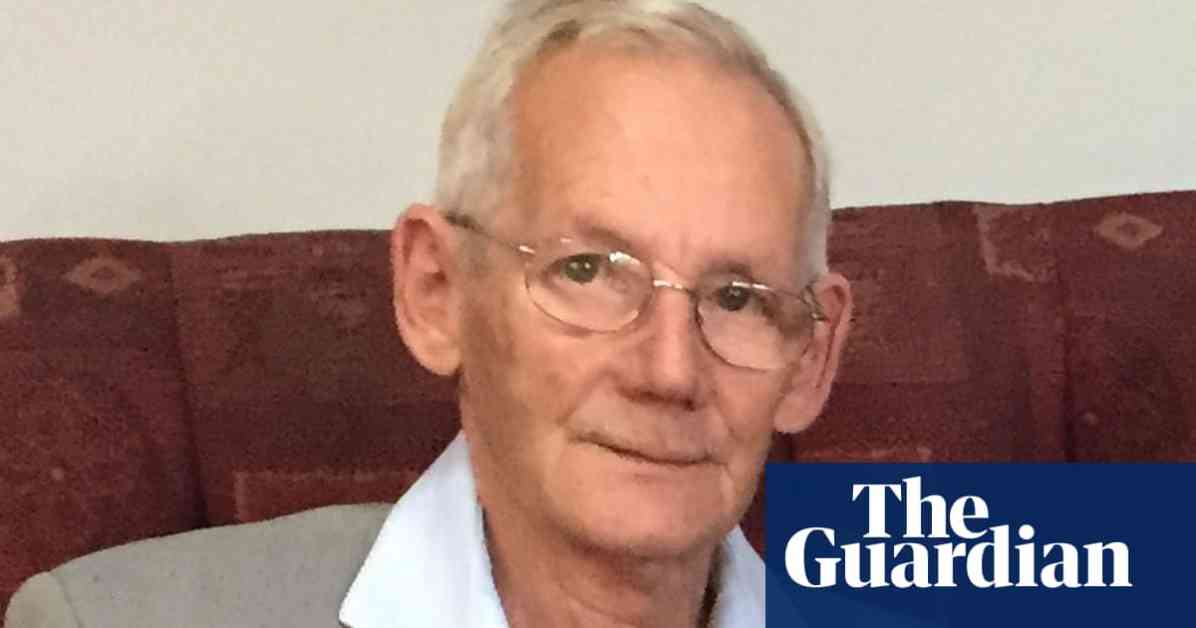A council in Goole destroyed the belongings of a missing tenant named Robert Bracegirdle, who was struggling with mental health issues and later found dead in the River Ouse. Despite being banned from accessing his flat, his family was promised that his possessions would be stored until an official declaration of his death. However, when an inquest was held two years later, the family was shocked to discover that the contents of his flat had been disposed of.
Robert’s niece, Charlotte Bracegirdle, expressed her disappointment in the council’s actions. She mentioned that the family was not allowed to enter the flat to retrieve any items and that the council disposed of the belongings without informing them. The family suspects that valuable items may have been sold, including family heirlooms and sensitive documents.
Personal items of sentimental value, such as a games table and a tapestry made by their grandmother, were among the lost belongings. Charlotte also mentioned that valuable paintings she had given to her uncle were gone. The family was unable to retrieve Robert’s phone and iPad until a death certificate was issued, so they were puzzled as to how the council managed to dispose of all his belongings.
The council’s actions have caused distress to the family, who were already grieving the loss of their loved one. Despite attempts to seek answers from the council, they received curt responses and no apology. The lack of empathy and understanding from the council added to the family’s grief.
Expert probate Giles Peaker explained that relatives of council tenants who die without a will usually have to wait for a grant of probate before accessing the property. In Robert’s case, probate could not be applied for until two years after his disappearance when he was officially declared dead. By that time, his belongings had already been disposed of, which raised concerns about the council’s mishandling of the situation.
The East Riding council issued a statement expressing regret for causing distress to Robert Bracegirdle’s family and admitted that the situation should have been handled more sensitively. They mentioned that changes have been made to ensure similar cases are managed with more compassion in the future. The case is currently being dealt with by the council’s insurers, preventing them from providing further details at the moment.
Christina Bracegirdle, Robert’s sister, emphasized that the council’s actions have added to the family’s grief and stolen precious memories from them. She expressed frustration at the lack of apology and the council’s failure to address their concerns promptly.
The mishandling of Robert Bracegirdle’s belongings by the council highlights the importance of compassionate and respectful treatment of families dealing with the loss of a loved one. The family’s experience serves as a reminder of the need for improved procedures to ensure that similar incidents do not occur in the future.












